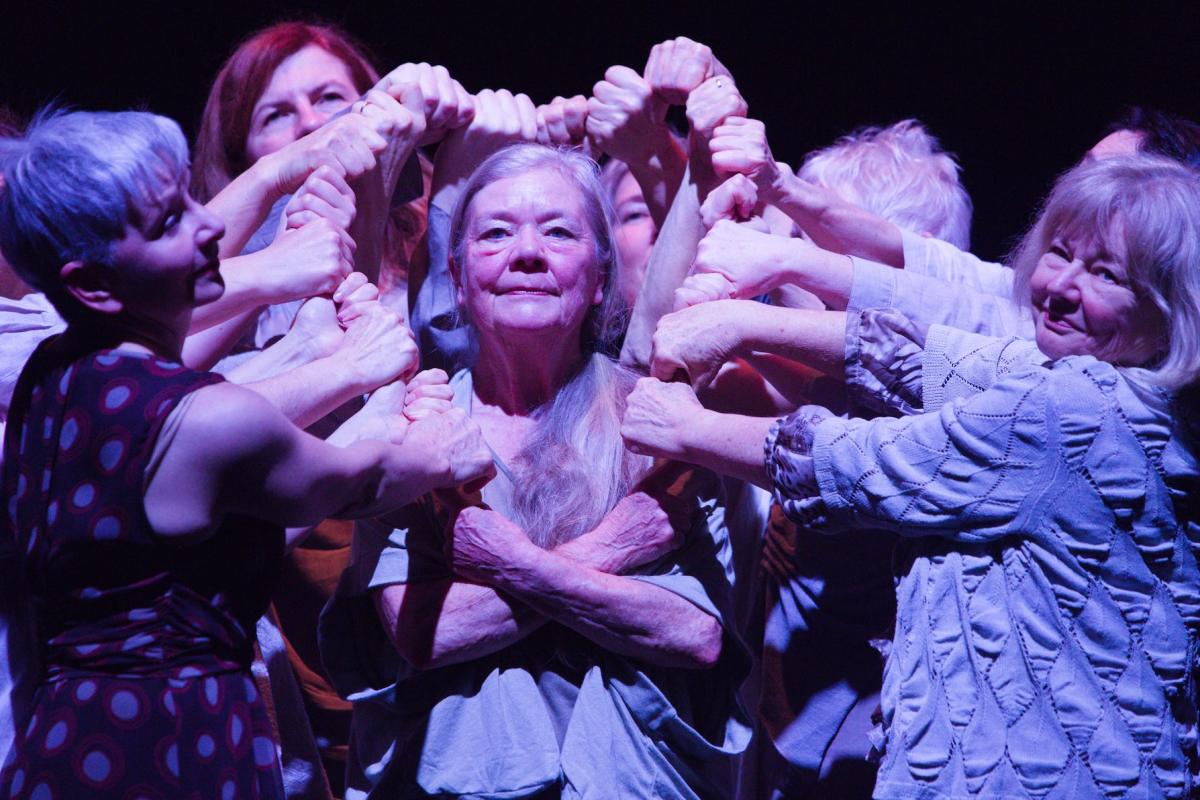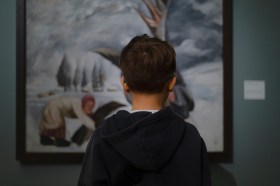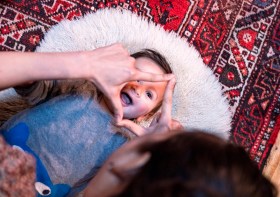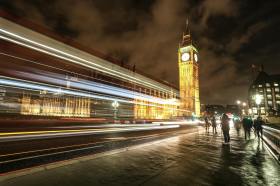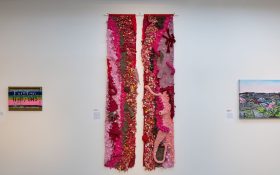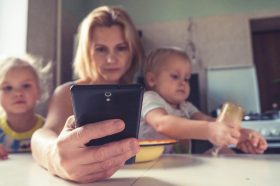Mental health and wellbeing are topics that are all too familiar for many working in the arts – especially when it comes to burnout and vulnerability. The art sector is often among the first to respond with creative solutions to support the mental wellbeing of communities in times of crisis.
The Australia Council has been working to build a case for investment in arts and culture as being key to a national response to the mental health crisis.
Georgie McClean, Executive Director Development and Strategic Partnerships, Australia Council, told ArtsHub: ‘We know that the last few years have been extraordinary for the sector, and we are very conscious of the challenges and the loss of livelihood for many. That disruption has taken its toll on the sector’s mental health and wellbeing.’
McClean said that Australia is currently in a mental health crisis, one that is costing in the region of $70 billion every year. The Productivity Commission Inquiry report (2020) recommended mental health reform to support a people-centred approach to wellbeing, in response to the crisis.
‘The call has been for non-clinical intervention,’ said McClean. ‘We saw this as an opportunity. We know the arts can help play a vital role in wellness and can reach beyond traditional health services and address the social determinants of health. We are at a critical juncture, in a way, as this report comes as the National Cultural Policy is being developed and can speak to a whole of government investment in culture,’ said McClean.
‘We brought together a range of experts working across the arts and mental health, and asked them, “what would it take to bring about systemic change that will support the mental wellbeing of Australians now and into the future?”
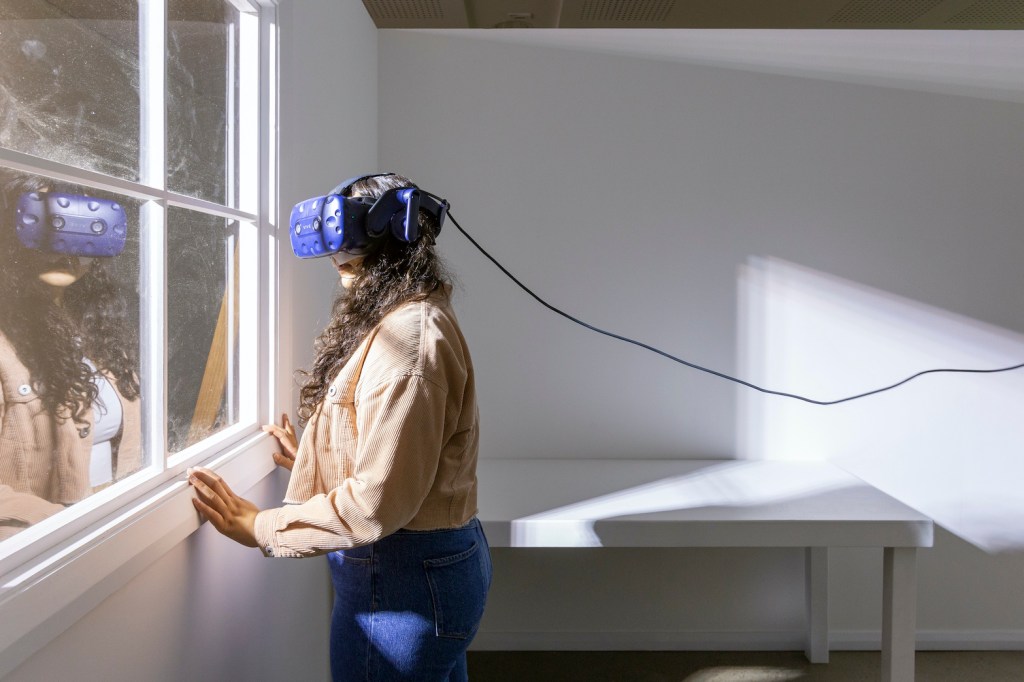
Informed by many voices
McClean said the Council had initially intended to present a major arts and wellbeing conference, but instead opted for series discussions that would allow for a deeper dive into existing research and provide opportunities to work towards practical policy recommendations.
The Arts, Creativity and Mental Wellbeing Policy Development Program was held over four months earlier this year. It brought together the expertise of people working across the arts, the mental health sector, community organisations, research, policy, several government portfolios, along with the knowledge held by lived experience advocates.
An interim discussion paper was released earlier this year, with a final report to be tabled in 2023. The report aims to provide a solid advocacy tool to embed sector value in government’s approaches to mental health and wellbeing, while, on a practical level, offering pathways for the sector with a suite of recommendations.
McClean said that while this topic feels new and urgent, conversations around the role of the arts in supporting wellbeing have been ongoing.
‘We have been looking at evidence-based data for a long time in our policy work, but also at a range of academic research and practice areas of expertise that are already well developed in Australia. The Big Anxiety Festival and Black Dog Institute, for example, have come on as partners in this project.’
McClean said there was a unique opportunity for Australia to harness the knowledge of its diverse arts sector.
‘Australia is really positioned to be an emerging world leader in this space of arts and health. This is a big country with very diverse needs and communities, and we have many artists working in community arts and in regional communities, who have first-hand insights into how the arts can promote wellbeing.
‘A lot of deep work has been done by the Council around the role of First Nations communities. We know First Nations people have a deep understanding of the connection between cultural practice and individual and community wellbeing, so there is a unique opportunity to draw from that knowledge,’ McClean told ArtsHub.
‘Some contributors [to the policy development program] spoke of really critical mental health needs, while others’ concerns were part of “the worried well” – which emerged during the pandemic. It is important to acknowledge that spectrum, but also to understand different models for care, from the medical sector to the arts, and to bring those two world views together.’
To do that, the Council looked extensively into international models for wellness pathways and programs in the arts, such as The UK’s Tackling Loneliness strategy (2018), New Zealand’s Wellbeing Framework (2011) and the successful ‘Arts on prescription’ program rolled out in the UK and Canada and now being piloted in Australia by the Black Dog Institute.
‘We have known for a long time that arts and culture are a powerful driver for social connection – contributing to self-expression, self-actualisation and breaking down stigma,’ McClean said.
The Council has used those learnings, alongside its own research and consultation, to create a list of critical success factors to inform recommendations for sector, and recommendations for government.
McClean added that the Council will also be doing a small series of pilot projects in Queensland and northern NSW to better understand how they can equip artists and makers in the mental health and wellbeing space.
The Arts, Creativity and Mental Wellbeing Policy Development Program was hosted by the Australia Council and delivered in conjunction with the Office for the Arts and a range of other partners including: Black Dog Institute, the Big Anxiety Research Centre (UNSW), the Creativity and Wellbeing Hallmark Research Initiative (CAWRI) (University of Melbourne), the CREATE Centre (University of Sydney), Creative Victoria and the International Federation of Arts Councils and Culture Agencies (IFACCA).
Helpful resources
Lifeline 13 11 14
Beyond Blue 1300 224 636
SANE 1800 187 263
Suicide Call Back Service 1300 659 467
Support Act (for music and performing arts workers) 1800 959 500
Q Life (LGBTIQ+ support) 1800 184 527
